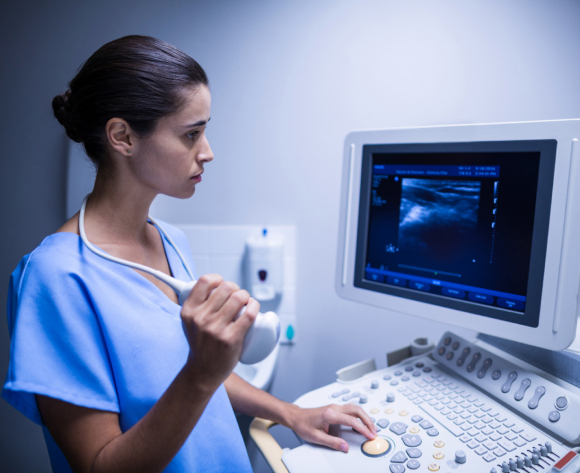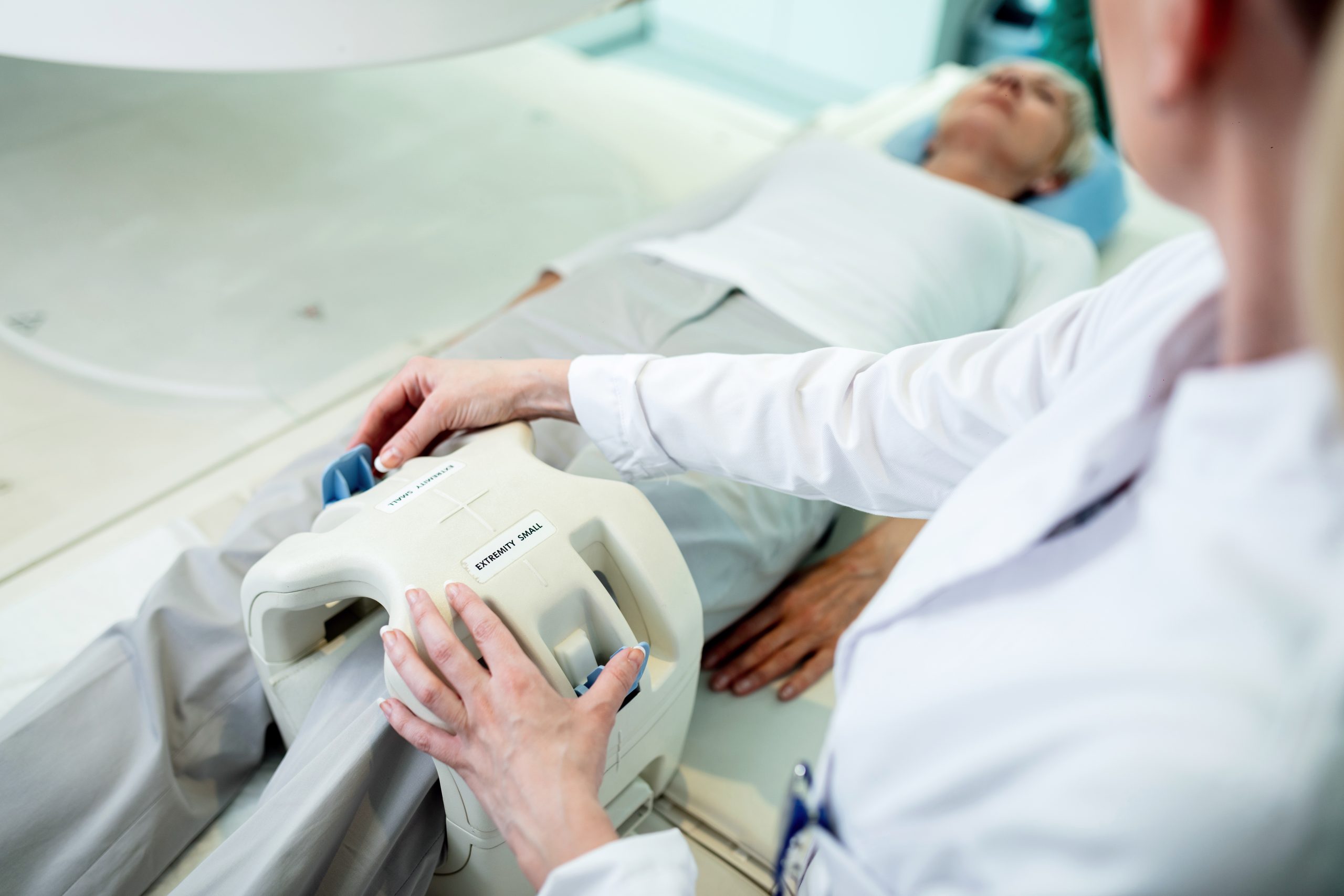
DXA Scan
DXA Scan
Our state-of-the-art DXA machine scans patients’ body compositions to assist in weight loss and assess bone density to help prevent future fractures.

An important recent addition to GoFertility’s suite of services is the state-of-the-art DXA machine, which our team uses to perform bone density scans and body composition scans. DEXA — which stands for dual-energy X-ray absorptiometry — scans enable us to assess and track the progress of patients who want to lose weight to improve their quality of life. DEXA scans administered prior to GoFertility (or CRMRS) procedures such as fertility cycle treatments and hysterectomies are necessary in some cases to ensure our team can safely proceed.
Additionally, patients may opt for a DEXA scan to better understand their FMI (fat mass index) or bone density. Patients who use Mounjaro — a prescribed, injectable medicine to treat Type 2 diabetes or for weight loss — can greatly benefit from DEXA scans. Periodic scans will reveal where in your body fat is being stored and how your Mounjaro treatments are impacting fat loss.
DXA Scan
DXA scan, also known as dual-energy X-ray absorptiometry, is a diagnostic imaging technique primarily used to measure bone density and assess the risk of osteoporosis and fractures.

Bone DXA scan
The bone density measurement is taken using a DXA system – DXA stands for Dual-Energy X-ray Absorptiometry. The DXA system takes an x-ray image and your results are compared to normal bone mineral density values based on your age, gender, and ethnicity to determine if you have high, normal, or low bone density. This information, combined with risk factors and previous fractures is used to determine your risk of future fractures.
Body composition scan
The Advanced Body Composition® report, available with the Body Logic scan, offers comprehensive measurements of the body, including the precise location of bone, fat and muscle mass. This document breaks down the data so you can address questions about the report with our staff at the Center. This scan is highly beneficial to patients with metabolic syndrome, PCOS, obesity, anovulation caused by hormone imbalance and for customers who are in a weight loss program, athletes, police and fire dept. personnel.
What is a DEXA scan?
A DEXA scan is a quick, pain-free and low-cost imaging test in which patients lie on their back on the DXA machine — a flat, open, padded X-ray table. Two low levels of X-ray energies are used to measure the bone mineral density and soft tissue inside your body for an accurate body composition assessment. The scan typically takes 10 to 20 minutes to complete. The amount of X-ray radiation is lower than the amount of X-ray radiation you will get in a flight from New York to Los Angeles!

Who can benefit from a DEXA scan?
Individuals looking to lose weight can benefit greatly from quarterly DEXA scans. An abundance of new drugs that are highly effective for weight loss are hitting the market, such as Mounjaro. Before GoFertility puts any of our patients on a medication, we use the DXA machine to examine body fat and muscle mass.
About three months later, a second DEXA scan shows us patient progress and if any changes to medication or dosage are necessary. By monitoring patients with accurate data a DXA scan provides, we can properly assess patients during their weight-loss journey. It’s the scientifically correct way to treat patients and keep their safety and well-being at the forefront.

We have recommended DEXA scans to patients who may need to lose some weight before undergoing fertility treatments. Patients who have a higher BMI (above 35) still ovulate, but they may have a greater challenge producing quality eggs. Several studies demonstrate obesity can affect embryo development, hormones and menstrual cycles. Obese women going through IVF typically have fewer eggs retrieved and less mature eggs, making obesity a risk factor for infertility.
Additionally, GoFertility has advised DEXA scans for morbidly obese patients in need of hysterectomies. The procedure isn’t safe to complete for patients with a BMI greater than 50, so periodic scans allow us to ensure we’re in position to safely proceed. During clinical research trials, a DXA scan is invaluable as it showcases any bone density changes to patients using the prescribed drug.
DEXA scans likewise assist in diagnosing osteoporosis, osteopenia and bone fracture risk for patients over 50 years old. The DXA machine is a highly accurate tool for measuring bone density when patients age and are at increased risk of bone fragility, particularly with a family history or prior fracture injuries.
GoFertility has overseen patients losing in excess of 100 pounds partly due to the information DEXA scans provide. When we better understand where your fat is being housed, we can better develop a plan to assisting you in your weight-loss journey for an improved quality of life. DEXA scans can be completed by our highly educated staff whether or not you have insurance. Get in touch with us today to see if a DEXA scan is right for you or to learn more about the potential benefits.